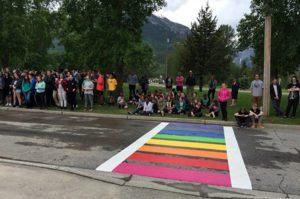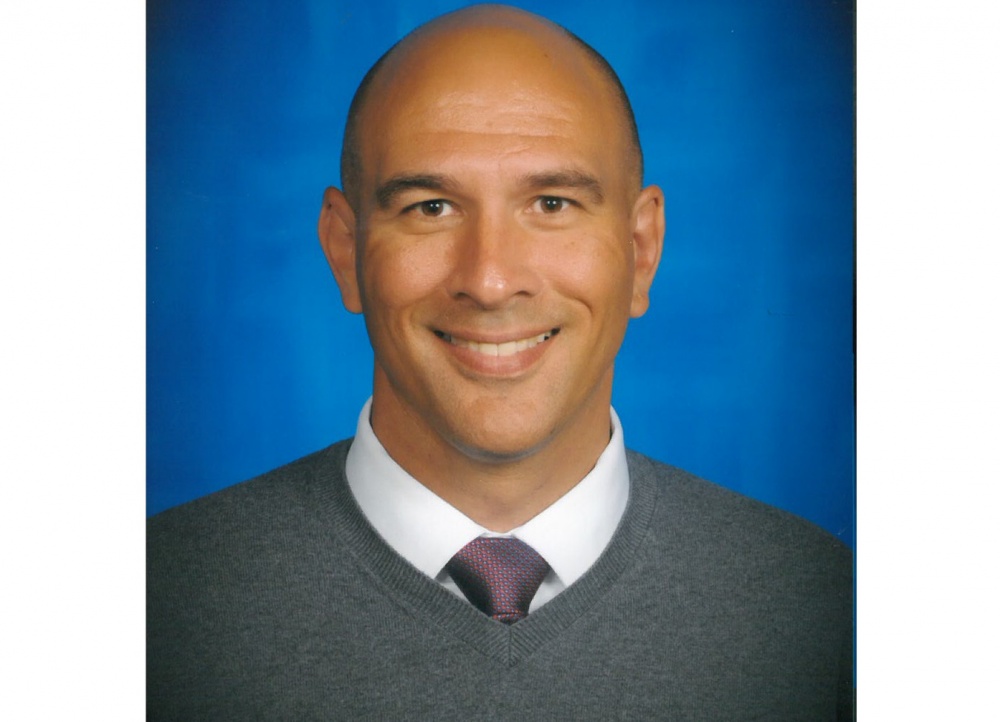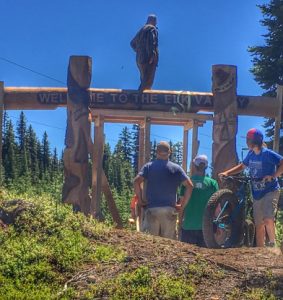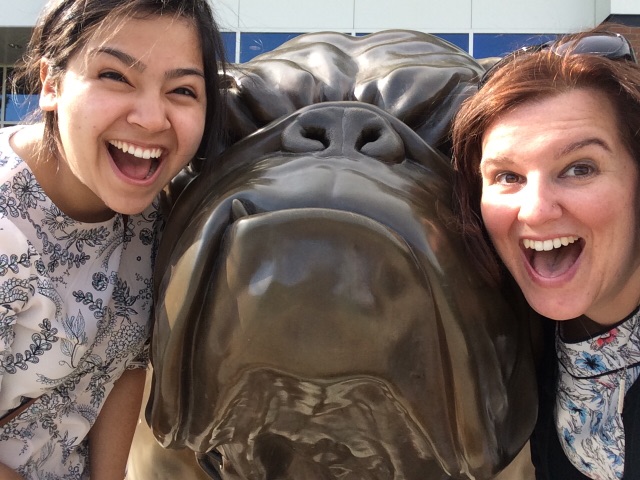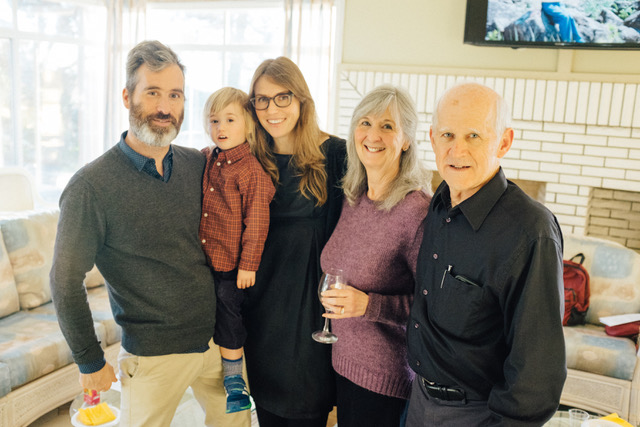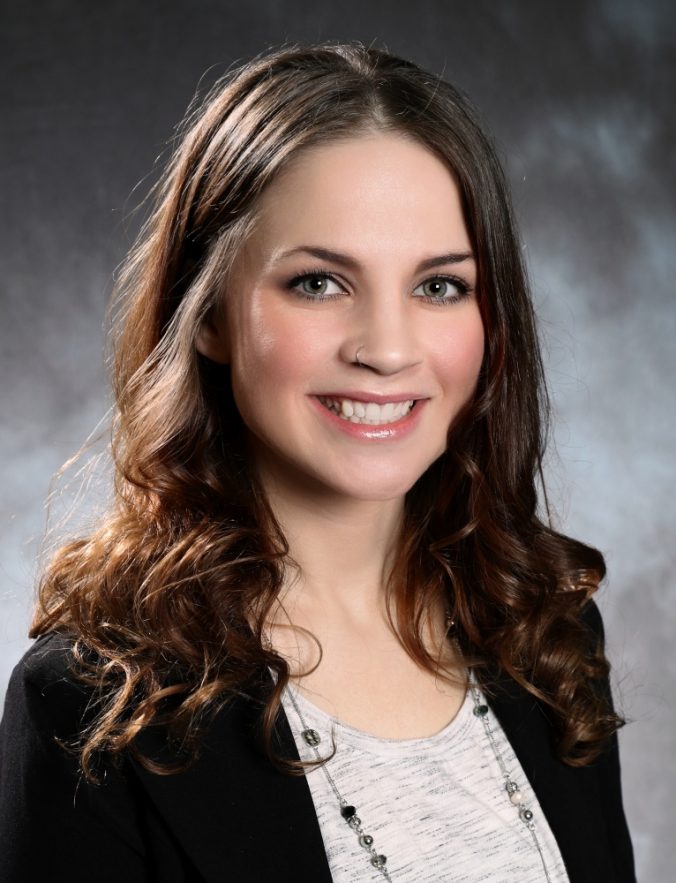By Lauren Macey, MIT ’12
I get asked all the time why I teach. I never know how to answer it quite right, so I usually say something sarcastic like, “Because I’m really a huge fan of hearing myself repeat the same thing 16 times in three minutes,” or “Because summers, obviously.”
There was a 13-year-old boy in my morning class who I’ll call Danny. At least three times a week, he showed up over an hour late to my class. He was always behind, never quite knew what was going on, and his late work caused extra grading for me. Frankly, he annoyed me. Every time he showed up late, I assumed he didn’t care. He wasn’t responsible. He didn’t respect me. Finally, I asked him. “Danny, why are you always late?” He shrugged. I said nothing, and waited for a response. He sighed, “My mom got this new boyfriend, and whenever she stays the night at his place, no one is home to make sure my little brother gets on the bus. I make sure he’s awake and get him on his bus, but that means I miss my bus and have to walk.” How far is your house from school? “A little over a mile.”
Woah! Danny IS responsible. Danny DOES care. Danny DOES value his education. See, whenever Danny was late, he would miss the school’s free breakfast and go hungry until lunch. He’s frustrated with his mom, behind in his classes and hungry. Now, when Danny shows up late, instead of greeting him with a detention slip and an eye roll, I get to greet him with a genuine smile and a granola bar. Danny humbled me. To be completely honest, I get humbled by my students daily. They make me realize that I can be impatient, judgmental and imperfect. But the thing is, there’s no eleventh commandment that says, “Thou shalt be perfect.” Jesus just showed up, met people exactly where they were and loved them. Then he taught, but only after their immediate needs were met.
I teach because I get to ask kids “why” every day. Why are you late? Why aren’t your clothes clean? Why aren’t you doing your work? Why do you want to sleep in my class? Why are you so afraid to take a risk? Why don’t you trust adults? Why are you acting out? Why are you arguing with me? (Sometimes the questions are ridiculous: why are you hiding in my closet? Why did you think it was a good idea to throw your shoe out the window? Why did you just lick your neighbor’s ear?). The “whys” teachers ask aren’t to be punitive and shame kids. Teachers ask kids “why” because we get to treat students like human beings worthy of love and respect. Those “whys” show kids that we care, that they’re worthy, that they matter, and that they’re safe. We ask why, and then we listen … really listen to these kids.
For eight (sometimes up to 11) hours a day, I have the privilege of treating my students like people – not like test scores, not like a pay check, not like one big group who are all the same. In each class, I have 30 Danny’s. Each kid shows up with individual baggage, and I get one year to try and help them unpack it. When a kid trusts you enough to let you in or to take a risk in your classroom, that is a victory I can’t even begin to put into words. Teaching isn’t about the curriculum, the common core, the SBACs, the pay for performance ladders, or any of that. For me, teaching is about being that one consistent adult in a kid’s life. It’s about that moment when you see a kid grasp a concept they’ve struggled with for days, weeks, or even months. It’s about the look in their eyes when something clicks. It’s about the pride students feel when they turn in a project they were excited about. It’s about a student begging, “Miss, pleaseeee just read one more chapter, the story is so good!” It’s about one of the toughest kids in the school saying your class is their favorite because they know you care.
It’s about the smile that crosses a kids’ face when you hand them back an assignment with an ‘A’ written on the top and they feel successful for the first time in their life.
Yes, I get frustrated sometimes, but I don’t get to quit. I try and teach kids like Danny not to give up – to stick it out, face the adversity and rise above it. If we as teachers want to live out the lessons we teach, we can’t focus on all the negative aspects of this job, when there are so many good things! I fail every single day.
I handle situations the wrong way, I say the wrong thing, I snap at a kid who didn’t necessarily deserve it. I’m human, I’m flawed and I’m broken. But as a teacher,
I have redemption every day. I can lead by example and show kids how to come back from a mistake. Every class is a fresh start and a new opportunity to do a little bit better than I did last time.
Every single kid deserves a chance to make it. As teachers, we get to help them realize that education is their way out. Education is the springboard that’ll get them out of the situation they came from. Teaching isn’t about me. It’s bigger than me, and it’ll always be that way.
Teaching isn’t just a job. It’s a lifestyle. That’s why I teach.
